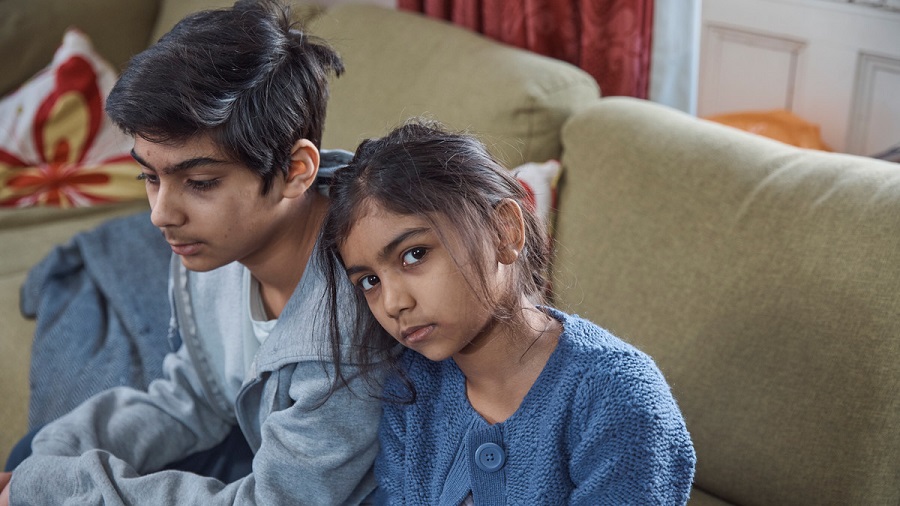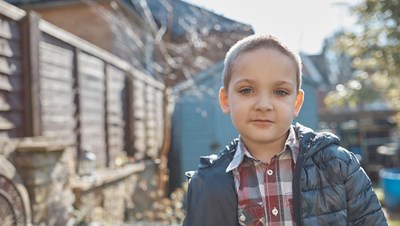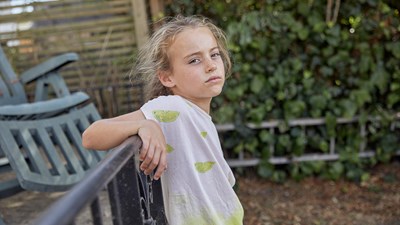Anyone worried about a child urged to contact the NSPCC Helpline as new survey reveals over a quarter of adults are unsure where to go for help.
 Over a quarter of adults are unsure where to seek help about suspected child abuse, despite worries about the heightened risks to young people during the lockdown.
Over a quarter of adults are unsure where to seek help about suspected child abuse, despite worries about the heightened risks to young people during the lockdown.
The NSPCC surveyed over 2,000 adults in Britain and found that 26% are not confident they would know where to seek help if they thought a child or young person was being abused or neglected.1
The survey showed more adults are worried about the impact of the lockdown on children suffering domestic abuse than any other type of harm. A significant number were also concerned about emotional and physical abuse.2



